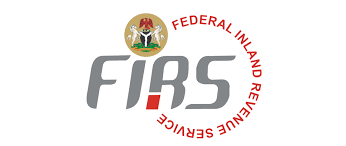In a bid to enhance tax administration and compliance, the Federal Inland Revenue Service (FIRS) is set to introduce an electronic invoicing system. This innovative solution aims to facilitate real-time transaction validation and storage for business-to-business, business-to-consumer, and business-to-government transactions. According to FIRS Executive Chairman, Dr. Zacchaeus Adedeji, this initiative aims to create a more sustainable and equitable tax system.
Key Benefits of E-Invoice System
- Real-time transaction validation and storage
- Improved tax compliance
- Enhanced transparency
- Simplified tax regimes for informal businesses
Boosting Tax Revenue
Nigeria’s tax-to-GDP ratio currently stands at 10.86%. To address this, the FIRS has set ambitious targets to increase tax collection. The introduction of e-invoice and simplified tax regimes for informal businesses is expected to contribute significantly to this goal.
Simplified Tax Regimes for Informal Businesses
The FIRS is also introducing simplified tax regimes and registration incentives to encourage small and micro-businesses to participate in the formal tax system. This move aims to support sustainable growth and equitable development in Nigeria.
A Step Towards Digital Transformation
The e-invoice system is part of FIRS’ digital transformation strategy, aligning with global best practices in tax administration. This initiative demonstrates the government’s commitment to creating a more sustainable and equitable tax system.


